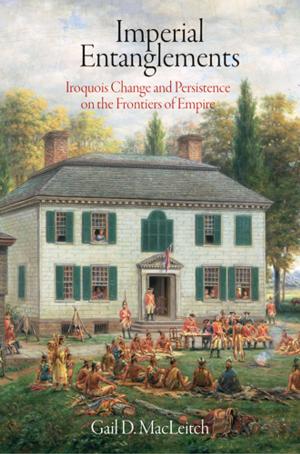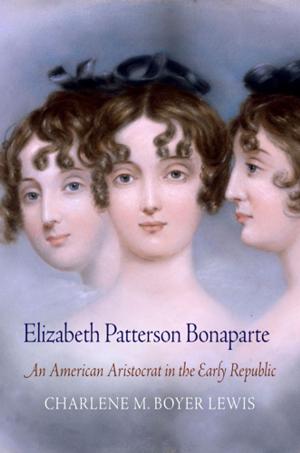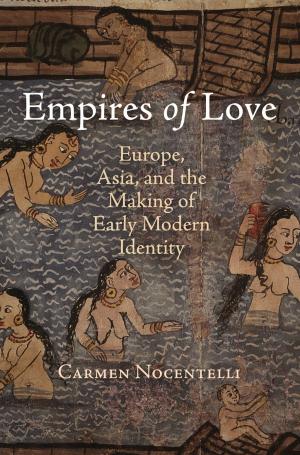The Associational State
American Governance in the Twentieth Century
Nonfiction, History, Americas, United States, 20th Century, Social & Cultural Studies, Political Science, Government| Author: | Brian Balogh | ISBN: | 9780812291377 |
| Publisher: | University of Pennsylvania Press, Inc. | Publication: | April 22, 2015 |
| Imprint: | University of Pennsylvania Press | Language: | English |
| Author: | Brian Balogh |
| ISBN: | 9780812291377 |
| Publisher: | University of Pennsylvania Press, Inc. |
| Publication: | April 22, 2015 |
| Imprint: | University of Pennsylvania Press |
| Language: | English |
In the wake of the New Deal, U.S. politics has been popularly imagined as an ongoing conflict between small-government conservatives and big-government liberals. In practice, narratives of left versus right or government versus the people do not begin to capture the dynamic ways Americans pursue civic goals while protecting individual freedoms. Brian Balogh proposes a new view of U.S. politics that illuminates how public and private actors collaborate to achieve collective goals. This "associational synthesis" treats the relationship between state and civil society as fluid and challenges interpretations that map the trajectory of American politics solely along ideological lines. Rather, both liberals and conservatives have extended the authority of the state but have done so most successfully when state action is mediated through nongovernmental institutions, such as universities, corporations, interest groups, and other voluntary organizations.
The Associational State provides a fresh perspective on the crucial role that the private sector, trade associations, and professional organizations have played in implementing public policies from the late nineteenth through the twenty-first century. Balogh examines key historical periods through the lens of political development, paying particular attention to the ways government, social movements, and intermediary institutions have organized support and resources to achieve public ends. Exposing the gap between the ideological rhetoric that both parties deploy today and their far less ideologically driven behavior over the past century and a half, The Associational State offers one solution to the partisan gridlock that currently grips the nation.
In the wake of the New Deal, U.S. politics has been popularly imagined as an ongoing conflict between small-government conservatives and big-government liberals. In practice, narratives of left versus right or government versus the people do not begin to capture the dynamic ways Americans pursue civic goals while protecting individual freedoms. Brian Balogh proposes a new view of U.S. politics that illuminates how public and private actors collaborate to achieve collective goals. This "associational synthesis" treats the relationship between state and civil society as fluid and challenges interpretations that map the trajectory of American politics solely along ideological lines. Rather, both liberals and conservatives have extended the authority of the state but have done so most successfully when state action is mediated through nongovernmental institutions, such as universities, corporations, interest groups, and other voluntary organizations.
The Associational State provides a fresh perspective on the crucial role that the private sector, trade associations, and professional organizations have played in implementing public policies from the late nineteenth through the twenty-first century. Balogh examines key historical periods through the lens of political development, paying particular attention to the ways government, social movements, and intermediary institutions have organized support and resources to achieve public ends. Exposing the gap between the ideological rhetoric that both parties deploy today and their far less ideologically driven behavior over the past century and a half, The Associational State offers one solution to the partisan gridlock that currently grips the nation.















